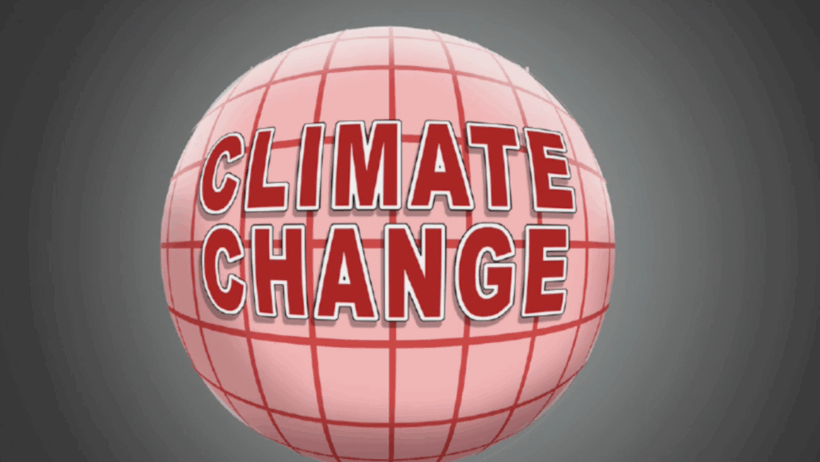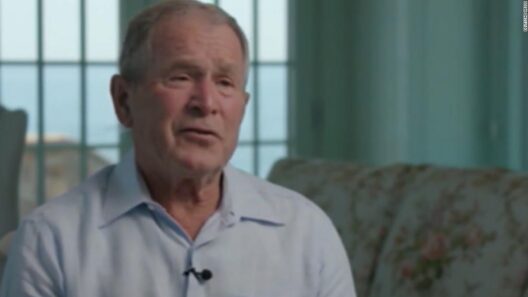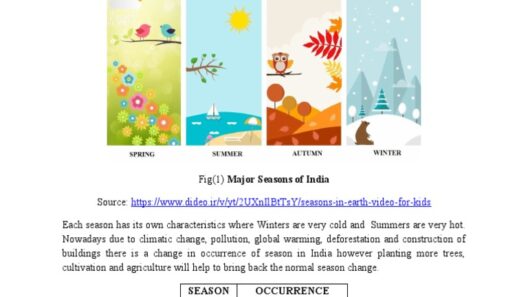Understanding the intricate layers of belief surrounding climate change is pivotal in navigating the current environmental discourse. Various narratives have emerged, with some individuals dismissing climate change as a mere hoax. This phenomenon is worth dissecting, not only to grasp the motivations behind such beliefs but also to illuminate the dangers that these perceptions pose.
The skepticism regarding climate change often stems from a confluence of factors. Chief among these is the psychological and emotional investment in a worldview that prioritizes personal freedom, economic liberalism, or a perceived threat to societal norms. For some, acknowledging climate change equates to acquiescing to government control and intervention, which they vehemently oppose. This reaction is not limited to politics; it is deeply ingrained in cultural identities that are resistant to outside influence. The assertion that climate change is a hoax becomes a rallying call for these groups, a way to preserve their sense of autonomy.
Furthermore, information dissemination plays a critical role. Misinformation can spread rapidly via social media and selective reporting, where sensationalism often supersedes factual accuracy. Certain entities, often with vested interests in fossil fuels and traditional energy sectors, may promote a narrative that casts doubt on scientific consensus. They highlight the complexity of climate data, suggesting uncertainty where scientific community largely finds consensus. Due to the sheer volume of information available, many individuals find themselves woefully under-informed, susceptible to manipulation by persuasive but misleading rhetoric.
In addressing why some may perceive climate change as a hoax, one must also consider the cognitive biases that influence belief systems. The Dunning-Kruger effect, a cognitive bias wherein individuals with limited knowledge overestimate their understanding, plays a vital role. Those with minimal science background may dismiss well-substantiated research in favor of anecdotal evidence that enforces their views. Furthermore, confirmation bias leads individuals to favor information that aligns with pre-existing beliefs while disregarding data that contradicts them. This psychological phenomenon creates an echo chamber, where dissenting views are not only unaccepted but become catalysts for hostility.
It is intriguing to note that the skepticism surrounding climate change is not a novel concept. Historical precedents suggest that belief systems in the face of scientific evidence are not uncommon. For instance, the rejection of established theories in areas such as medicine or cosmology mirrors the present climate discourse. However, unlike those earlier debates, the consequences of dismissing climate science are manifesting in real-time. The repercussions of inaction include escalating storms, rising sea levels, and profound biodiversity losses. The urgency of the matter accentuates the inherent danger of pervasive hoax theories—undermining credible efforts to address these pressing issues.
Amidst this backdrop, the ramifications of such beliefs extend beyond individual impacts. The collective denial of climate realities can stymie governmental and institutional progress toward sustainability. Policies addressing carbon emissions, renewable energy investments, and conservation initiatives can falter in the face of a populace that doubts their necessity or efficacy. The potential for creating significant environmental policies hinges upon public support and acceptance of scientific consensus. Without this foundation, efforts to mitigate climate change risks fade into uncertainty.
Moreover, the spread of misinformation fosters a kind of learned helplessness within society. When individuals are bombarded with conflicting messages, they may retreat into apathy, believing that no action they take can make a difference. This mindset is particularly dangerous; it breeds inaction at a time when proactive measures are critical. Instead of galvanizing citizen participation in climate solutions, it lulls populations into complacency, emboldening industries that perpetuate environmental degradation.
To combat the fallacy of climate change denial, fostering scientific literacy and critical thinking skills is imperative. Educational systems must evolve to emphasize critical engagement with scientific data, encouraging students to question sources, analyze evidence, and understand the fundamentals of climate science. Transparent dialogue around climate policy should also be prioritized, enabling citizens to appreciate the nuances and complexities of environmental issues without succumbing to oversimplification.
Ultimately, overcoming the belief that climate change is a hoax requires a collective acknowledgment of responsibility. The interconnectedness of society means that each individual’s actions contribute to larger environmental patterns. Empathy, curiosity, and a willingness to learn are vital in building a societal framework that embraces climate realities. It is imperative to facilitate conversations that explore underlying fears, championing a perspective shift that integrates scientific knowledge with personal agency.
In conclusion, the belief that climate change is a hoax arises from a complex interplay of psychological, cultural, and informational dynamics. Recognizing the dangers inherent in these beliefs is paramount. By equipping society with the tools for critical engagement and promoting constructive dialogue, it is possible to transcend skepticism. The stakes are high, and the urgency is palpable; collective action and informed decision-making are our best recourse in this pivotal moment in history. Realizing the imperative of addressing climate change is not only beneficial for the planet but is also essential for the well-being of future generations.







